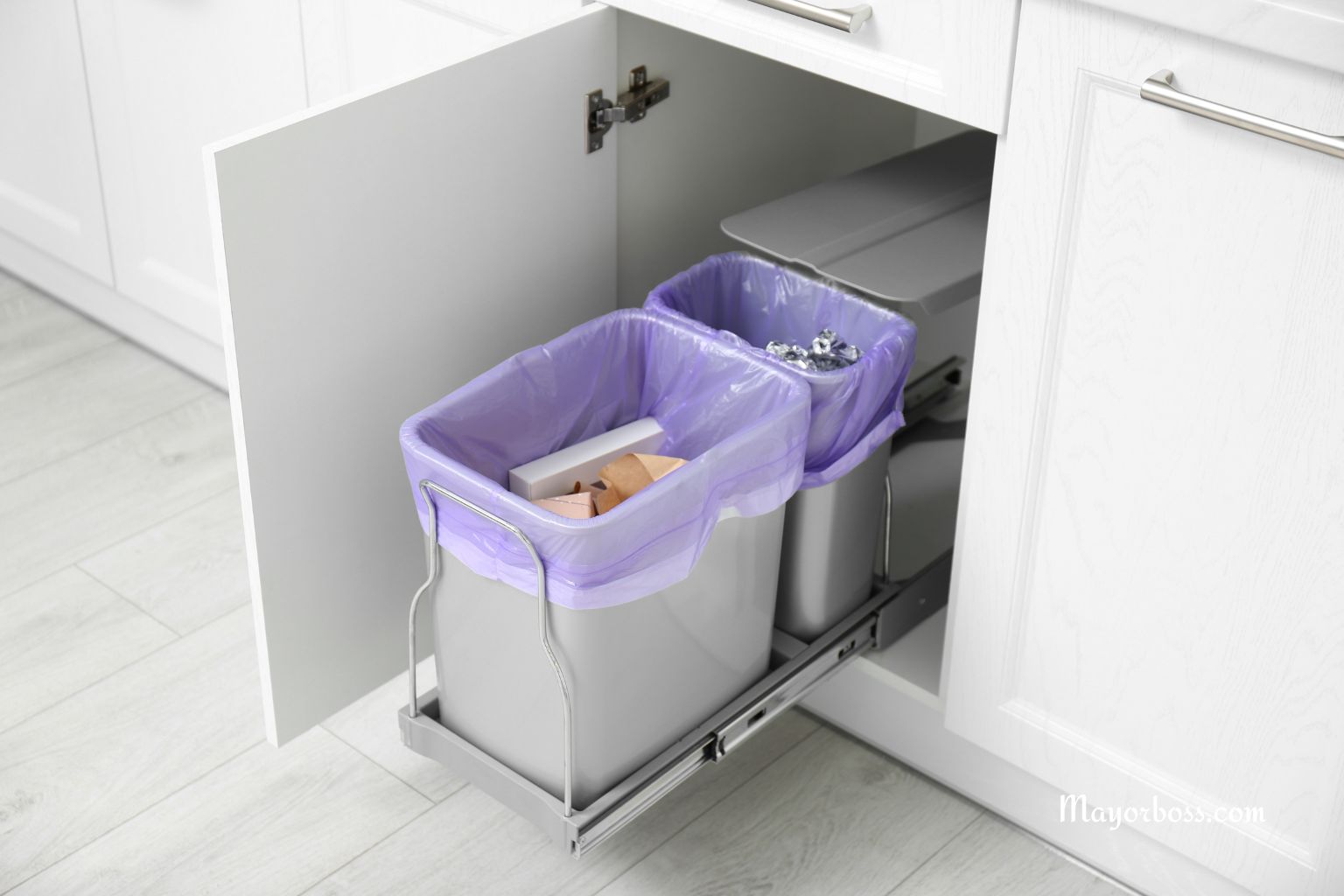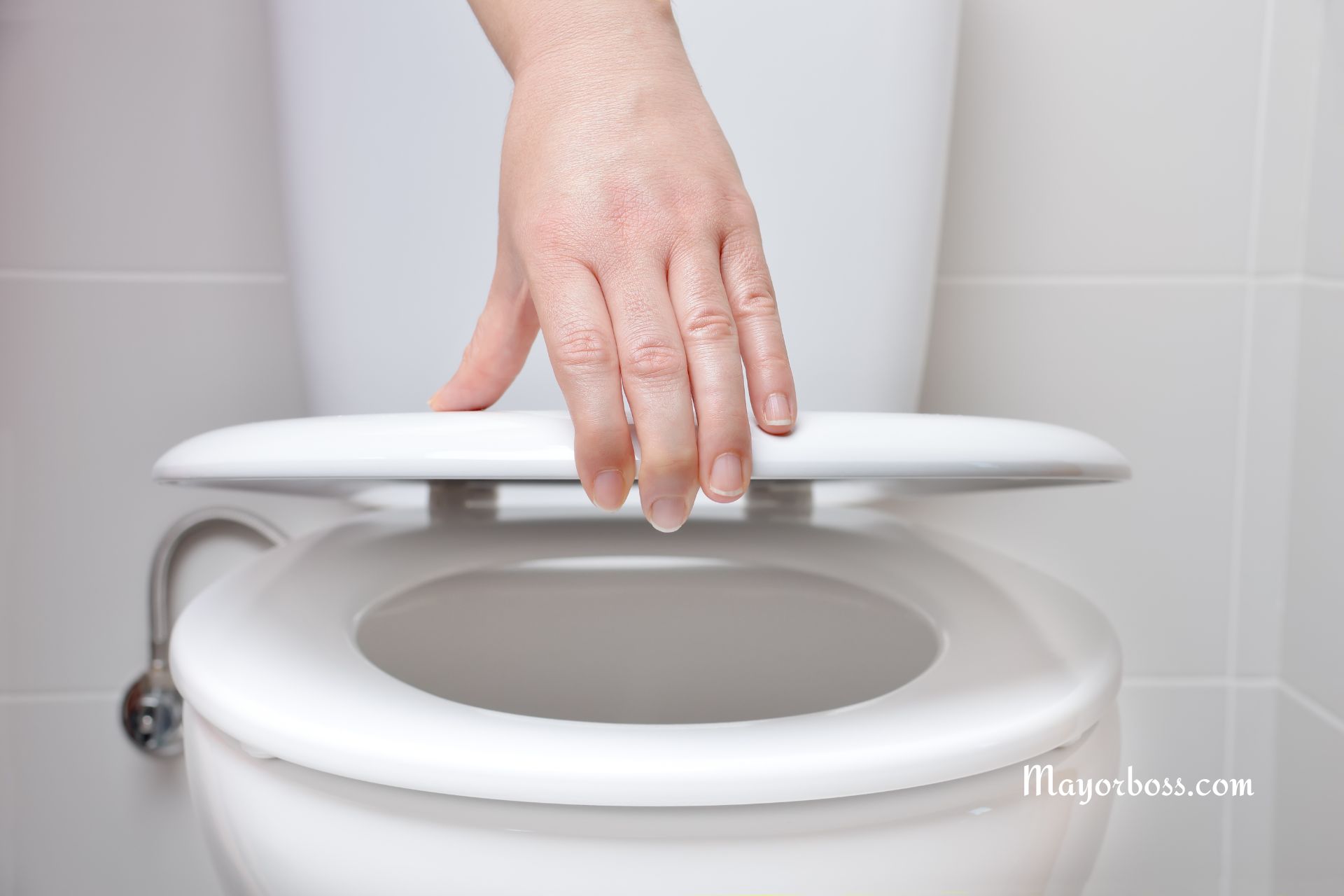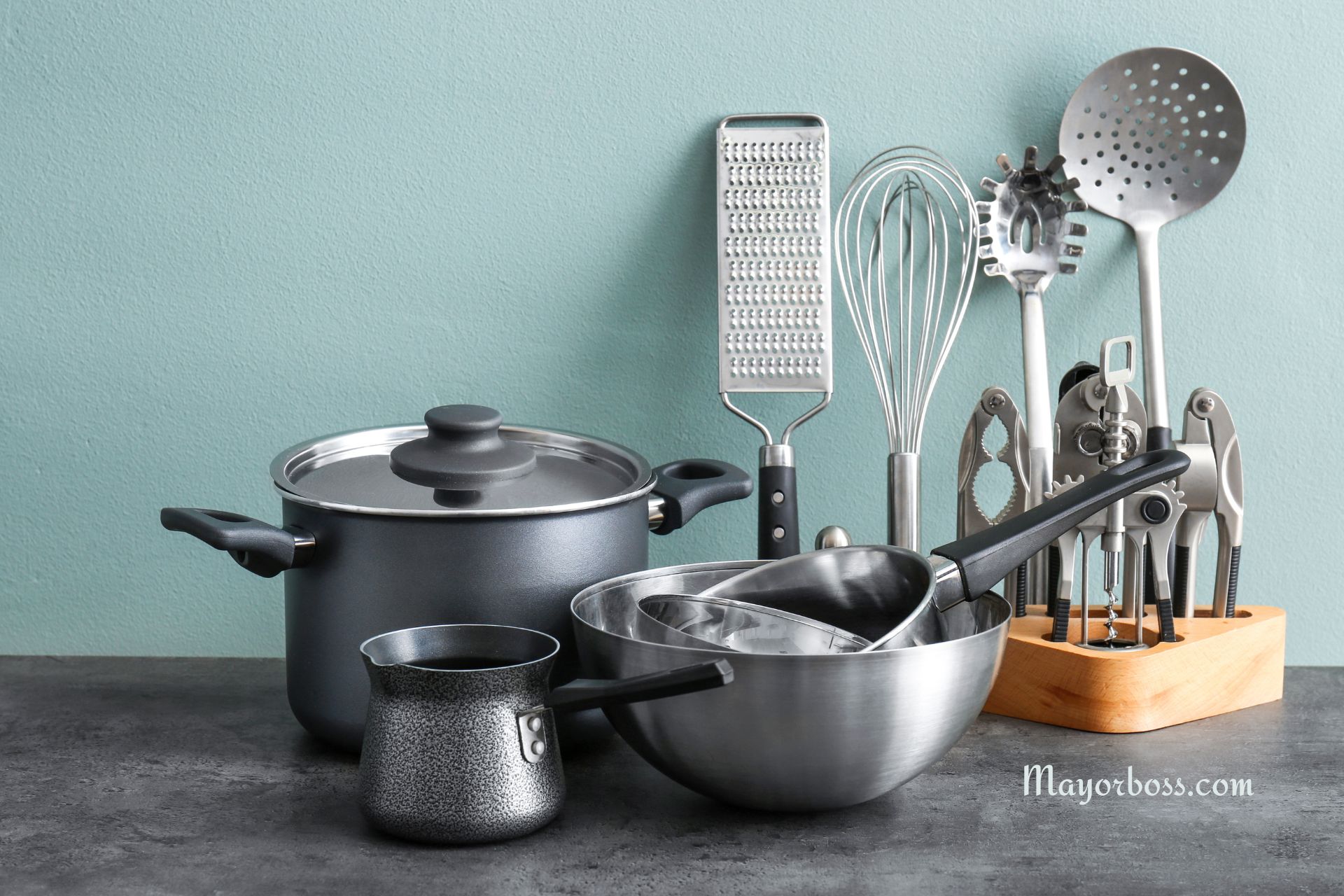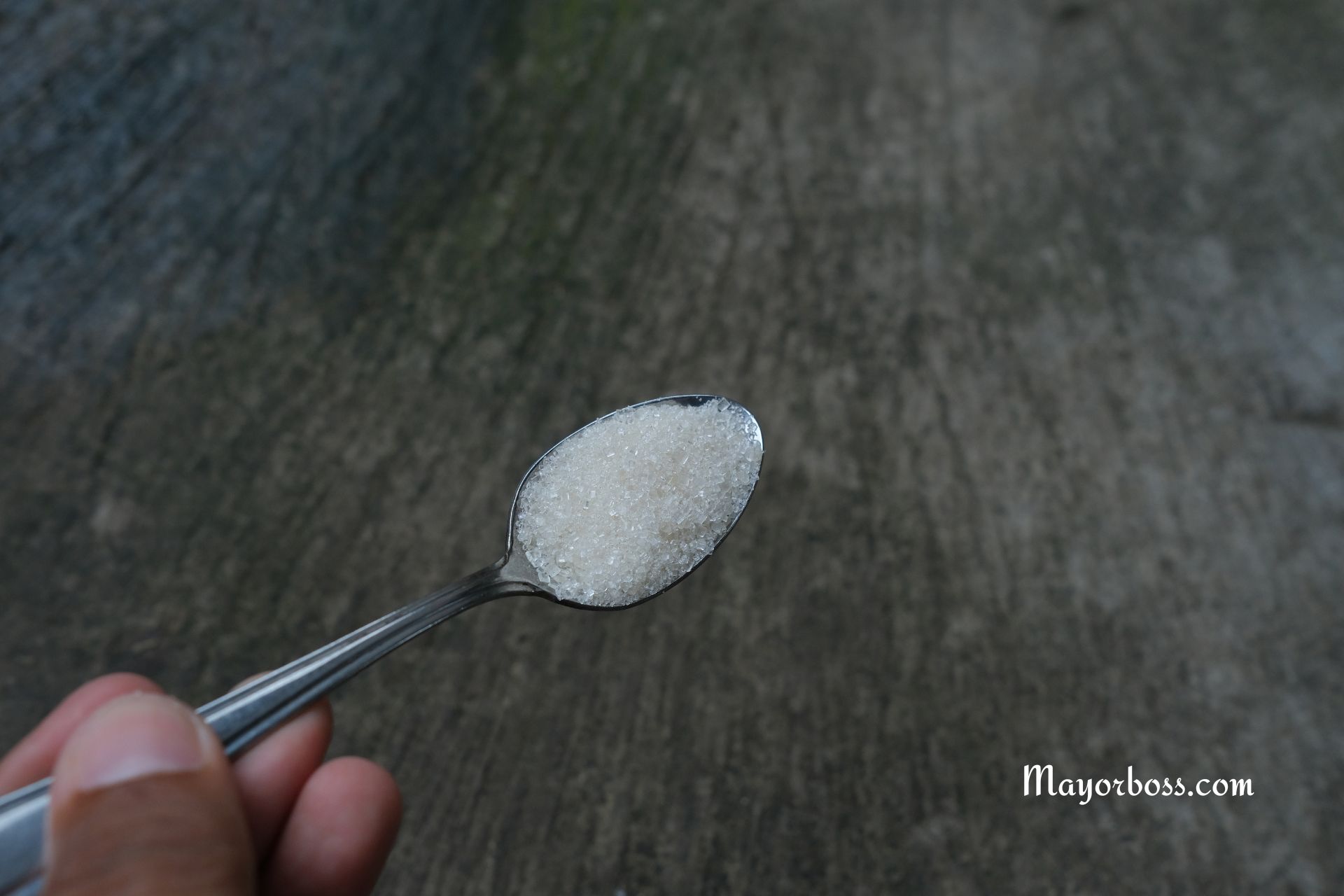How to Eliminate That Nasty Garbage Smell in Your Kitchen for Good
To eliminate garbage smells in your kitchen for good, clean your trash can regularly, use odor-absorbing materials like baking soda, take out the trash often, and keep your kitchen dry and well-ventilated. These steps stop odors at the source and keep your kitchen smelling fresh.

Why Does Kitchen Garbage Smell So Bad?
The answer is simple. When you throw away food scraps and other waste, bacteria start to break them down. As this happens, gases and chemicals are released. Some of these gases have a strong, unpleasant odor. Warm, damp conditions in a kitchen only make things worse, helping bacteria grow faster. If you leave trash sitting for a few days, you’re bound to notice a bad smell.
Start With a Clean Slate
If you want your kitchen to stay fresh, begin with a clean trash can. Take the trash out and wash the inside of the bin with hot, soapy water. You can use a disinfectant or a little bit of vinegar. Make sure you clean the lid and the rim, not just the bottom. Even a small spill can be the source of a stubborn smell.
Let the can dry completely before you add a new bag. Moisture encourages bacteria and mold, so a dry trash can is less likely to develop an odor.
Use Odor Fighters You Already Have
Many common household items can help keep trash odors under control.
Baking Soda:
Sprinkle a thin layer of baking soda in the bottom of your trash can before adding a new bag. Baking soda absorbs smells and helps neutralize acids. You can also place an open box of baking soda nearby for extra protection.
Vinegar:
White vinegar naturally fights bacteria. If you notice a lingering smell, wipe the inside of the trash can with a cloth soaked in diluted vinegar. The vinegar scent fades quickly, taking bad odors with it.
Coffee Grounds:
Used coffee grounds can also absorb odors. Place a small bowl of dried coffee grounds at the bottom of the trash can, or sprinkle some into the bag.
Charcoal:
Activated charcoal is highly effective at trapping smells. Some people use charcoal air purifier bags, which are sold in stores, or even place a few charcoal briquettes in the trash area.
Take the Trash Out Often
Sometimes the best solution is the simplest. Try to empty your kitchen trash daily, especially if it contains food scraps, meat, fish, or dairy. Even if the bag isn’t full, it’s better to remove it before odors develop.
Keep It Dry
Moisture helps smells develop. If you’re throwing away something wet, like soup or fruit, drain as much liquid as possible first. You might even wrap especially messy waste in old newspaper or paper towels before putting it in the trash. This keeps the bag drier and helps prevent leaks and smells.
Line Your Trash Can the Right Way
A sturdy trash bag helps trap odors, but you can take it further. Some people double-bag their trash, especially for very smelly waste. Others use trash bags with built-in odor control. Make sure the bag fits snugly in your can so it doesn’t slip and let food or liquids leak into the bin itself.
Clean Up Spills Immediately
If you notice a leak or spill, clean it up as soon as possible. The longer food or liquid sits, the more likely it is to cause a lasting smell. Wipe the area with soapy water or a disinfectant, then dry it thoroughly.
Keep the Kitchen Well Ventilated
Good airflow helps prevent odors from settling in your kitchen. Open a window or use a small fan while you’re cooking or cleaning up. Even a few minutes of fresh air each day can help.
Try Natural Air Fresheners
A pleasant-smelling kitchen can make your home feel cleaner and more inviting. You can simmer lemon slices, cinnamon sticks, or cloves in a pot of water on the stove to freshen the air naturally. Just remember, air fresheners work best after you remove the source of the smell.
Tackle the Garbage Disposal
If your kitchen has a garbage disposal, don’t forget to clean it. Food particles can get trapped and start to smell. Pour some baking soda and vinegar into the disposal, let it fizz, and then flush it with hot water. Grinding up a few ice cubes with lemon peel can help remove stuck-on debris and leave the disposal smelling fresh.
When to Call for Help
If you notice a constant, very strong odor even after cleaning, check for hidden food waste under appliances or in hard-to-reach spots. Sometimes, old spills or bits of food fall behind the trash can or stove. In rare cases, a persistent odor could signal a plumbing issue, such as a clogged drain. If you’ve tried everything and the smell won’t go away, it may be time to contact a professional.
Key Takeaways
- Clean your trash can regularly with soap or vinegar.
- Use baking soda, coffee grounds, or charcoal to absorb odors.
- Take out the trash every day or as soon as you notice smells.
- Keep the trash area dry to slow down bacterial growth.
- Clean up spills immediately and check for hidden sources of odor.
Frequently Asked Questions
1. How often should I clean my kitchen trash can?
Clean your trash can once a week if you use it daily, or more often if you notice a smell.
2. What’s the best thing to use to clean a smelly trash can?
Hot, soapy water with a splash of vinegar works well. Disinfectant wipes are also effective for quick cleaning.
3. Can I use air fresheners to get rid of garbage smells?
Air fresheners can help, but they only mask the smell. It’s best to remove the source and clean the area first.
4. Why does my kitchen still smell even after taking out the trash?
Check for spills inside the bin or food waste in hard-to-reach areas. Clean under appliances and ventilate the room.
5. Are scented trash bags safe for the kitchen?
Yes, most scented trash bags are safe, but if you or your family have allergies or sensitivities, choose unscented bags and use natural odor absorbers instead.






